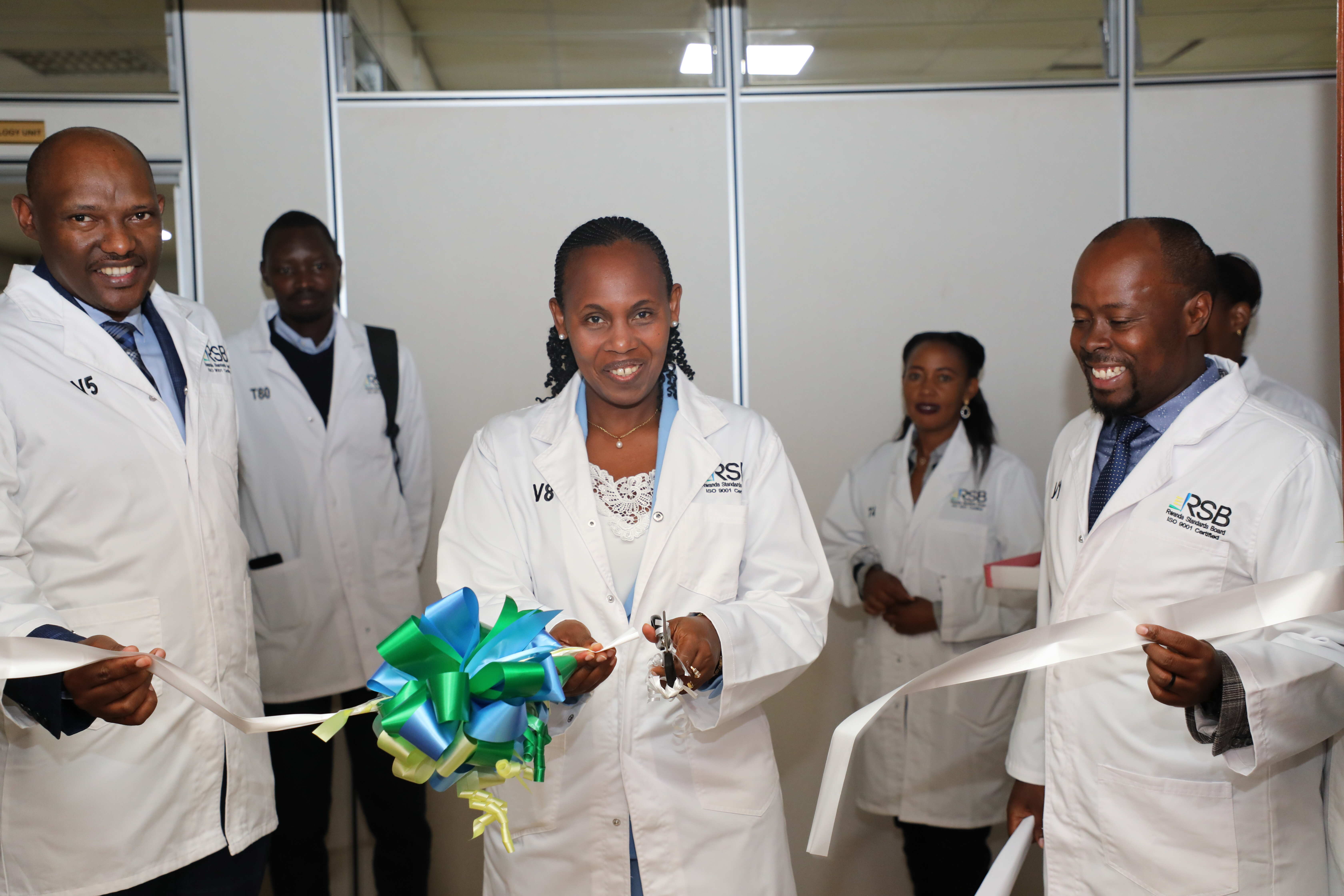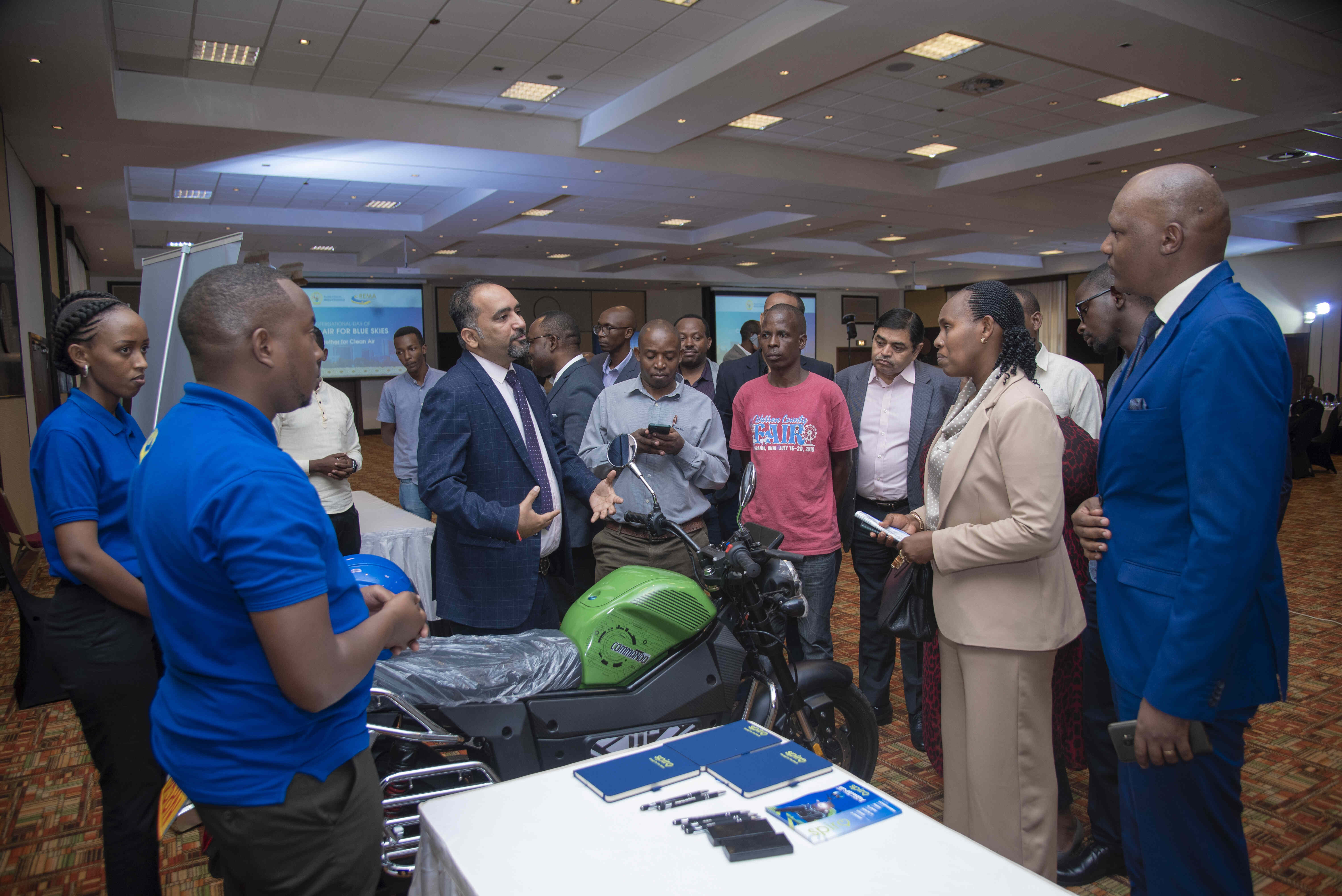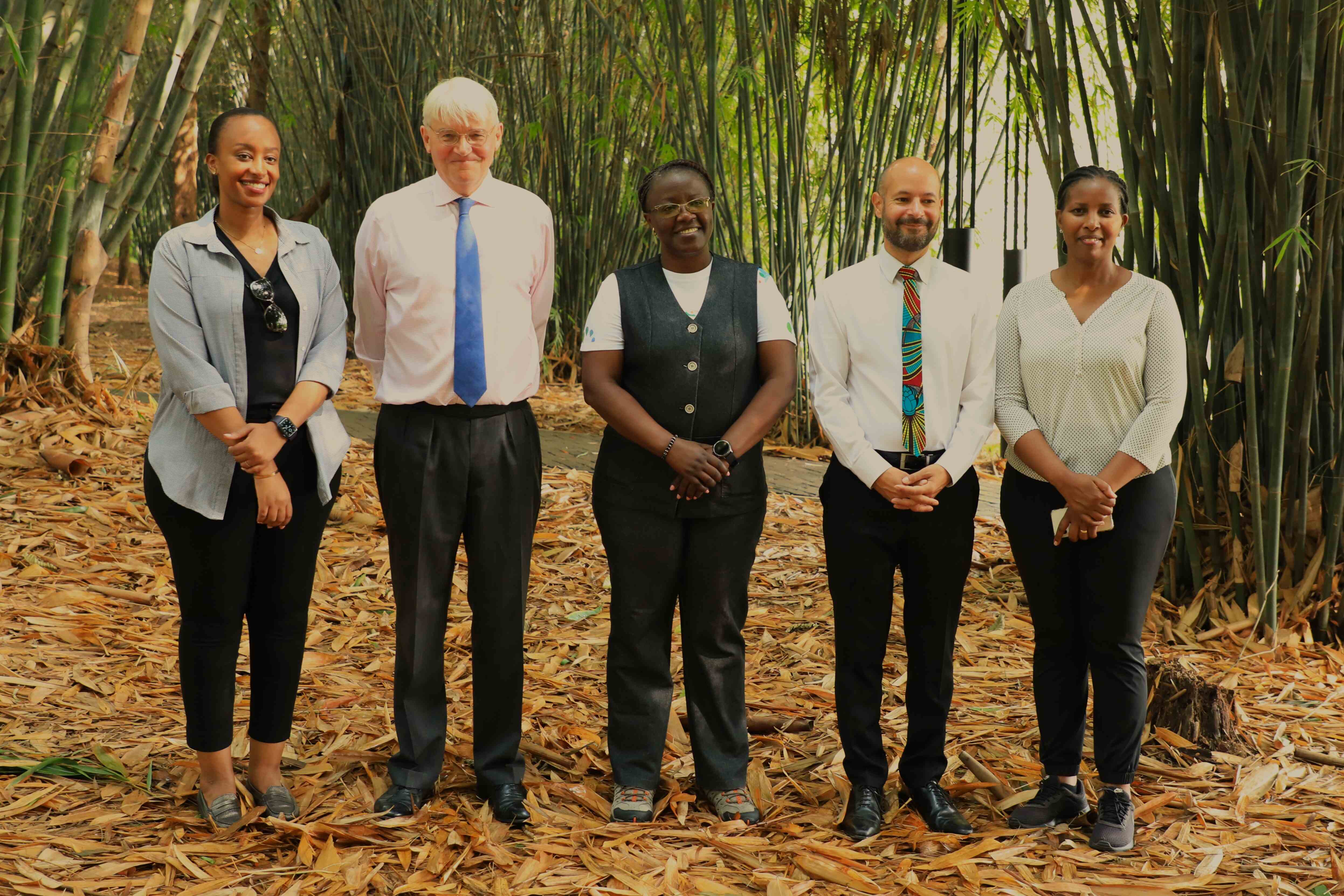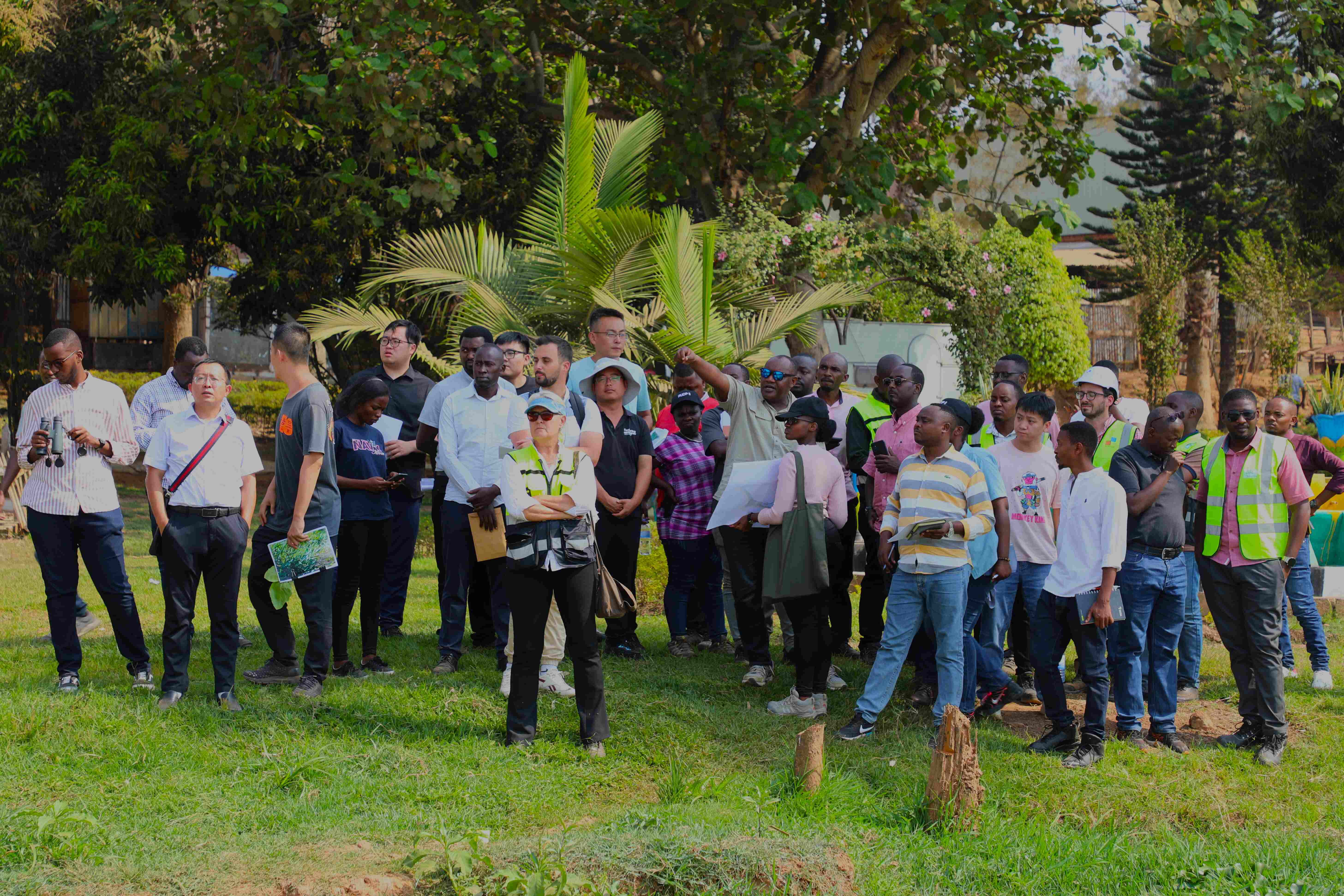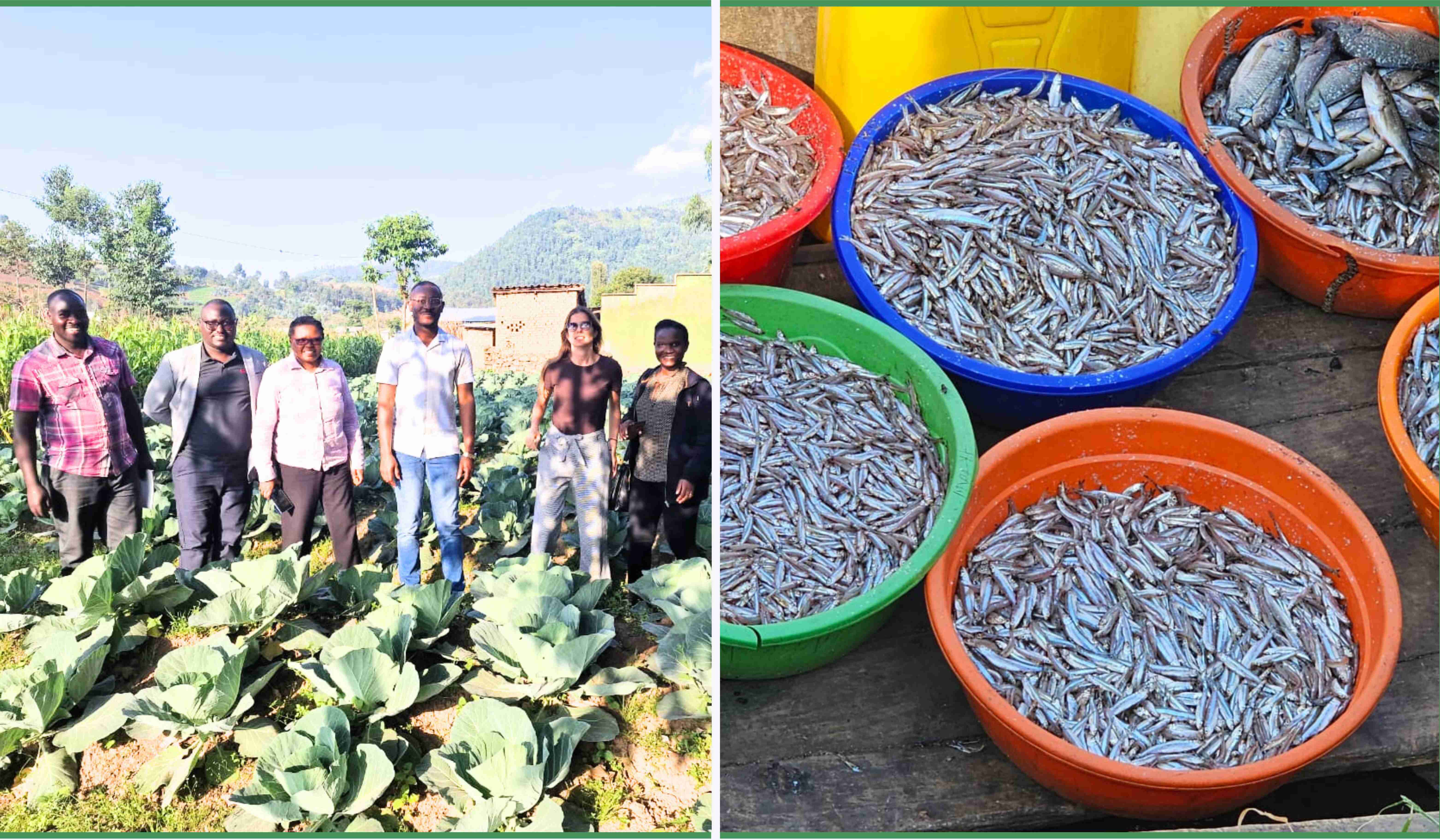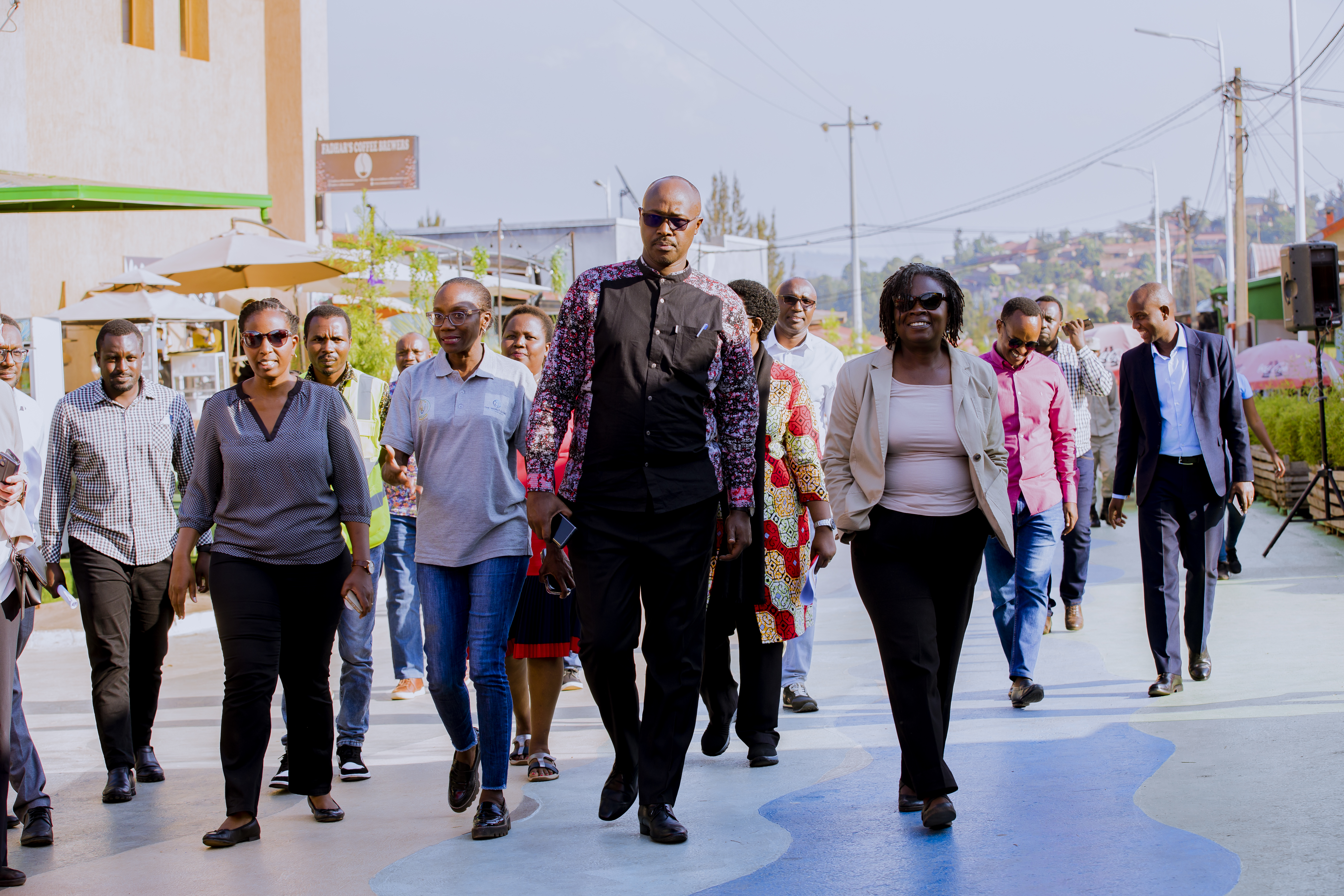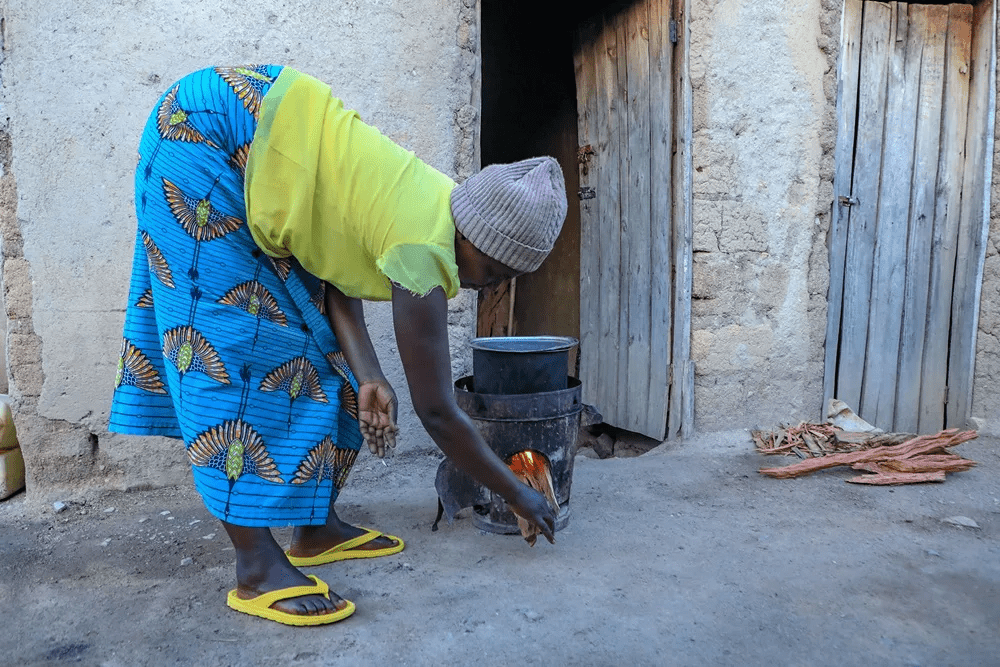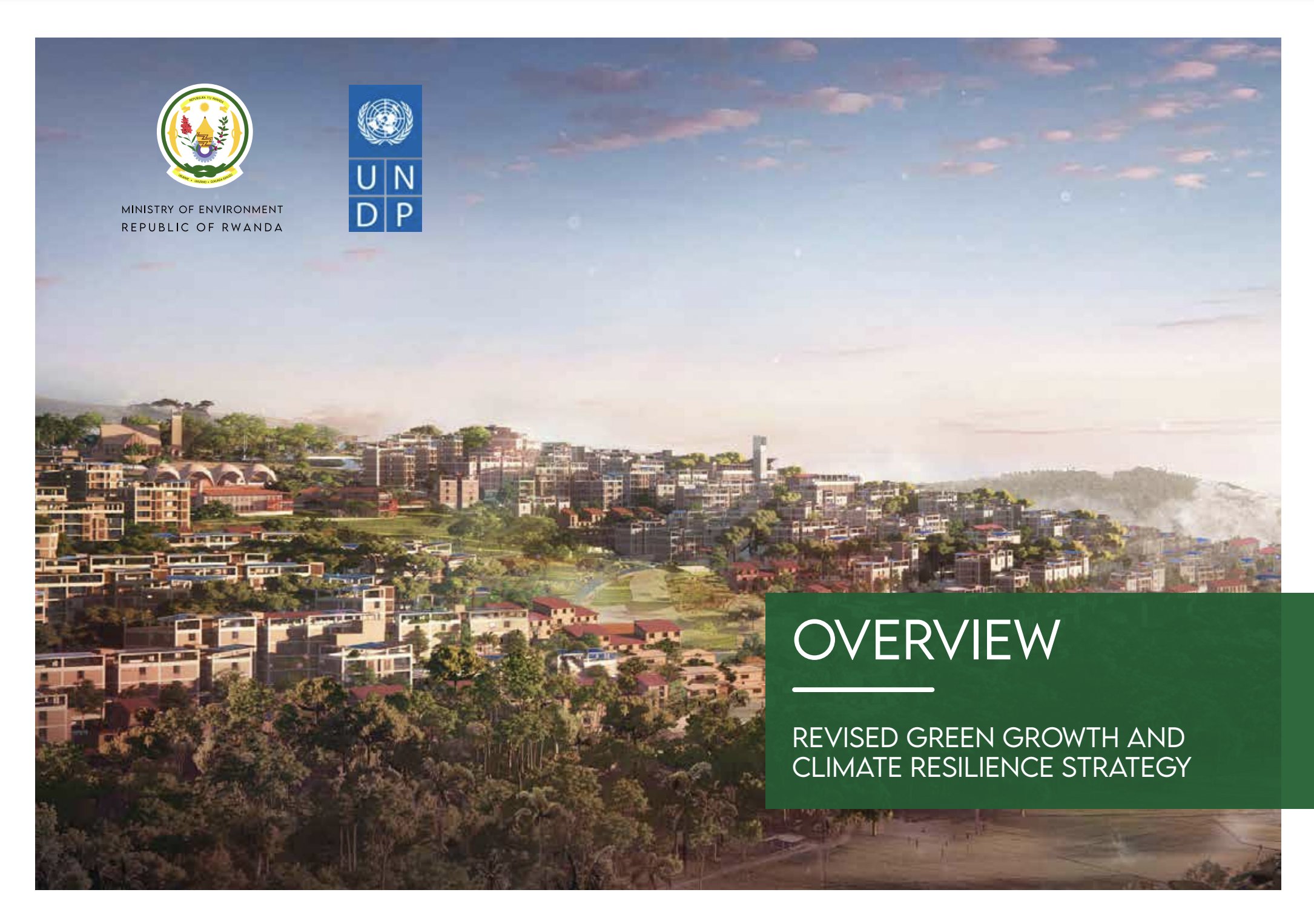
Remarks by Minister Biruta at 2019 National Seminar on Air Pollution
Kigali, 05/30/2019
Remarks by Vincent Biruta, Minister of Environment
National Seminar on Air Pollution
Kigali Serena Hotel | 30 May 2019
Good morning! Mwaramutse!
It is a pleasure to welcome you to the 2019 National Seminar on Air Pollution. I wish to extend a special welcome to the Minister of Environment, Green Economy and Climate Change from Burkina Faso along with your delegation. Thank you for joining us.
Today’s gathering forms part of a series of events celebrating World Environment Day. This year, our focus is on air pollution and what we can do to improve the quality of air we breathe.
This seminar has brought together the scientific community and a range of other stakeholders. Through today’s discussions, I hope you will gain new insights, make new connections, and be inspired to expand your research and contribute even further to developing solutions to air pollution.
There is no doubt that air pollution is a major public health crisis and the world’s most pressing environmental health threat. Today, more than 90% of people globally breathe polluted air and approximately seven million people die from air pollution-related causes every year.
Air pollution costs the global economy US $5 trillion in welfare costs annually and ground-level ozone pollution is expected to reduce staple crop yields by 26 percent by 2030. Despite our size, Rwanda is not immune to the challenge of air pollution.
According to the results of an inventory on the sources of air pollution, Rwanda is being affected by all major pollutants but particulate matter and nitrogen dioxide are the pollutants of main concern. Monitoring data has indicated that concentrations of some types of particulate matter in Kigali are elevated and, at times, above globally acceptable standards.
The research indicates that vehicle emissions are the leading cause of air pollution in Kigali and other urban areas, while domestic wood, charcoal cookstoves and burning in fields are the primary contributor to poor air quality in residential and rural areas.
What this data tells us is that we are all exposed to air pollution, and that we all have a role to play to address it. Whether you are a farmer who burns the remains of your harvest, a parent who cooks with charcoal or someone who drives a car, there is something we can all do to clean the air we breathe.
If we don’t take action now, the negative health effects will only get worse. Chronic exposure to a polluted air increases to the risk of cardiovascular and respiratory diseases, as well as lung cancer. New research has also indicated that air pollution affects happiness, may cause dementia and could even impair cognitive ability, especially in children.
Rather than spend large sums of money addressing the impacts of air pollution, let’s control the problem at the source. Doing so requires a joint effort - from the individual level to government. That’s why we are putting in place the policies, laws, regulations and standards to reduce air pollution.
Regular car-free days, creating green spaces, motor vehicle inspections, introducing bike lanes, subsidies for LPG as an alternative to charcoal for cooking, emissions standards, e-mobility strategies and the recent establishment of the African Air Quality and Climate Laboratory here in Kigali are just a few examples.
Forests also play a key role in purifying the air we breathe. That’s one reason Rwanda is aiming for 30% forest coverage by 2020 - a goal we are close to achieving. And while Nyungwe or Gishwati might seem far off, we can bring the forest to our doorstep by planting native trees in our gardens and public spaces. Not only do trees filter pollution from the air, but they also help to cool the city through shading and by releasing water vapour.
Distinguished guests,
Ladies and gentlemen,
While the main sources of air pollution in Rwanda have been identified, there is much more that the scientific community can contribute to our understanding of the challenge.
I encourage our research partners to explore air quality modelling to predict future levels of air pollution and their sources. We will also need detailed risk assessments to quantify the potential impact and costs of air pollution related health problems.
We also count on you to support policy making by conducting cost-benefit analyses to compare different regulatory approaches. The Ministry of Environment is ready to support you in these endeavours.
To conclude, I would like to encourage us all to put our heads together to find innovative ways to address the problem and strive to build an environment free from air pollution, and indeed pollution of any kind. Together we can Beat Air Pollution.
Thank you for your kind attention.
Topics
More posts
Rwanda launches the first-ever calibration laboratories for meteorology, hydrology and air quality monitoring equipment
Rwanda will no longer outsource calibration services for meteorology, hydrology and air quality monitoring equipment, as these services will from now…
International Day of Clean Air for Blue Skies: How Rwanda is taking bold action to beat air pollution
Rwanda has on September 7, 2023 joined the rest of the world to mark the International Day of Clean Air for Blue Skies, which is celebrated annually…
What you did here is so impressive – UK Minister of State for Development and Africa
The United Kingdom (UK) Minister of State for Development and Africa, Rt Hon Andrew Mitchell MP, commends Rwanda’s efforts to protecting the…
REMA conducts a site visit for interested bidders in four wetlands to be rehabilitated in the City of Kigali
The Rwanda Environment Management Authority (REMA) has on 22nd and 23rd August 2023 conducted a guided tour for interested bidders in the five…
Green Amayaga Football competition: Thousands gather to receive messages regarding the project sustainability
The Rwanda Environment Management Authority (REMA) in partnership with Action pour la Protection de l‟Environnement et la Promotion des Filières…
African farming communities kick start cold-chain in continent
Farmers and fishers in Rwanda are joining sustainable cooling experts to learn how clean-cold technology can revolutionise their businesses.
Farmers…
The World Bank vice-president visits one of the five wetlands to be rehabilitated in the City of Kigali
Kigali, 15 June, 2023-Today, the World Bank Vice-President for Eastern and Southern Africa, Victoria Kwakwa visited Rwampara wetland which is one of…
Green Amayaga Project, a solution for women and children
Many decades ago, women and children in Amayaga Region – in Rwanda’s southern province – have been struggling with the lack of firewood and…
Rwanda Launches revised Green Growth and Climate Resilience Strategy
Rwanda has on June 5, 2023 launched the Revised Green Growth and Climate Resilience Strategy as part of World Environment Day celebrations. The…
